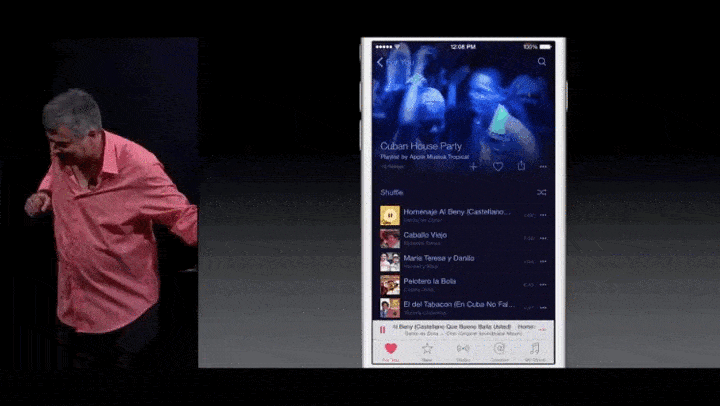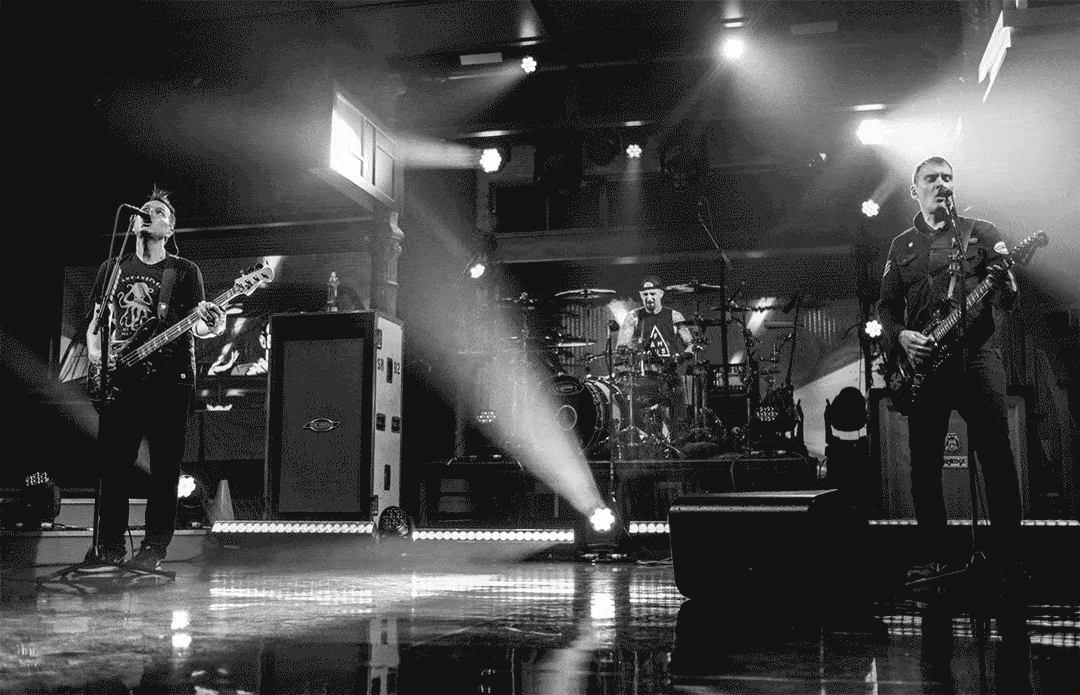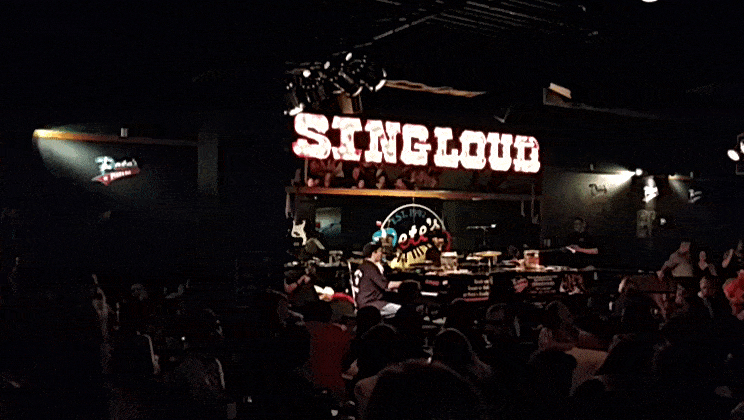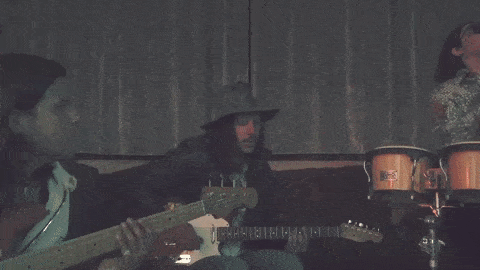How to Book Your First Gig: 10 Do’s and Don’ts
How exactly do you take the leap from creating for personal enjoyment to getting ready to book your first gig? Musicnotes is here to help with 10 do’s and don’ts for booking your first gig!

You’ve written or arranged the perfect songs. You’ve practiced performing those songs so many times, you could perform them in your sleep! Now, you’re ready to share your musical brilliance with the world. There’s just one question: How exactly do you take the leap from creating for personal enjoyment to getting ready to book your first gig? Musicnotes is here to help with 10 do’s and don’ts for booking your first gig!
Do: record a demo
Think of your demo as a resume. You’ll want to have some demonstration of your talent to show booking agents and promoters.
The good news is that you don’t need to book studio time, because at-home recording technology has improved so much in recent years. Try building a decent at-home studio with your computer, a mic or two and headphones, and you’ll be well on your way to finishing that demo in no time.
Don’t: hand them a CD
In a world of digital trends, it can be tempting to try and stand out with an old-school CD. However, you want your song in front of of booking agents and promoters instantly and have it easily accessible for when they are on the go.
These days, YouTube videos and SoundCloud links are easy to use, have good sound quality, and can be accessed by anyone at anytime.

Adele was discovered while still in high school thanks to a friend posting her demo on Myspace.
Do: network
The best way to get started is to tell as many people as possible about your music. If you’re nervous about in-person networking at first, start with the social networking and ease your way into making connections.
- Play open mic nights
- Talk to other local artists and bands
- Create a professional Facebook page to share news about upcoming gigs
- Test out the “live” feature on Instagram and Facebook and play a few songs to your followers in real-time
Even if you play just one or two of your songs over and over again before you feel comfortable releasing more, the important part is that you are getting your music out there in the world and you’re talking with people about your music.
Panic! At the Disco sent a demo link to Fall Out Boy‘s Pete Wentz, who was so blown away that he drove to Las Vegas to meet the young band, who were still in high school at the time.
Don’t: worry about social network size
There are many ways to ‘inflate’ the appearance of your fan base. However, don’t rely on gimmicks (like ‘buying’ followers) to boost your artist recognition. It’s not only expensive, it also could backfire. Don’t oversell the social. Work on building a steady following of fans and likes first. Focus on your talent. The right audience will find your social media pages eventually!

The Black Keys have said they had just eight audience members for their first show at Beachland Ballroom & Tavern in Cleveland in 2002.
Do: research venues
A venue’s promoter will want to fill a room, so it’s your job to explain why you’re a good fit for their audience. Consider the genre the venue is known for and the demographic they serve (including any age restrictions). If you pitch yourself to a promoter with these factors in mind, you’re more likely to book your first gig there!

It’s said George Harrison was nearly denied admission for Beatles‘ precursor, The Quarrymen’s, lunchtime gig at Liverpool’s Cavern Club in ’61 because he was wearing jeans & the venue had a dress code.
Don’t: limit yourself to traditional venues
While clubs, bars, and coffee houses are top-of-mind when it comes to traditional gigging venues, don’t rule out other opportunities that often are searching for live music. Community events, charities, and private parties are also a great way to expand your fan base and get paid at the same time.

The Velvet Underground booked its first gig at Summit high School in New Jersey for $75. The Doors played an office party for (co-founder) Ray Manzarck’s mom.
Do: collaborate
As you start growing your network and musical connections, consider working with similar artists to book your first gig as either an opening act or set split. You can double the size of your audience, and local promoters often appreciate having an act they know puts on a good performance, especially if they are taking a chance on a newer artist.

After being released from his first band, Rod Stewart teamed up with folk musician Wizz Jones. The pair toured the streets of Europe until getting deported from Spain for vagrancy.
Don’t: rely on others to promote the gig
Still, even if you’re collaborating with other performers, you’ll still want to create your own promotional materials and performance plan. Use your social network, print fliers, and even send out good old-fashioned emails to your fan base to get everyone pumped for your gigging debut! Ultimately, you’ve got to pack those venues with a fan base you know will help cheer you on and make some noise!
Ed Sheeran has said he was consistently rejected starting out because his look wasn’t a good “marketing tool.”
Do: be professionally persistent
If a venue or promoter isn’t interested in booking you right now, that doesn’t mean you’ll never get a shot to play there. Look for smaller opportunities to continue building your audience and name recognition.
Likewise, be professional and polite, but keep those contacts in your database and don’t be afraid to circle back to them. How you deal with rejection is almost as important as how professionally you handle yourself when you book your first gig!
Elvis Presley was fired after his first performance at Grand Ole Opry in 1954. Manager Jimmy Denny told him “You ain’t goin’ nowhere, son. You ought to go back to drivin’ a truck.”
Don’t: forget why you started
We don’t need to tell you that most people don’t start playing music for the money. No matter what happens, remember why you started this journey in the first place and don’t let frustration overshadow your passion. If your passion remains priority #1, your music will be better for it.

Sheryl Crow was a school teacher, jingle singer and backup vocalist before making a living off of her music.
We want to reiterate that last point: Don’t give up! Do your best and let these 10 do’s and don’ts guide you on your way to booking that first gig–and hopefully many, many more gigs after that! #staymusical


